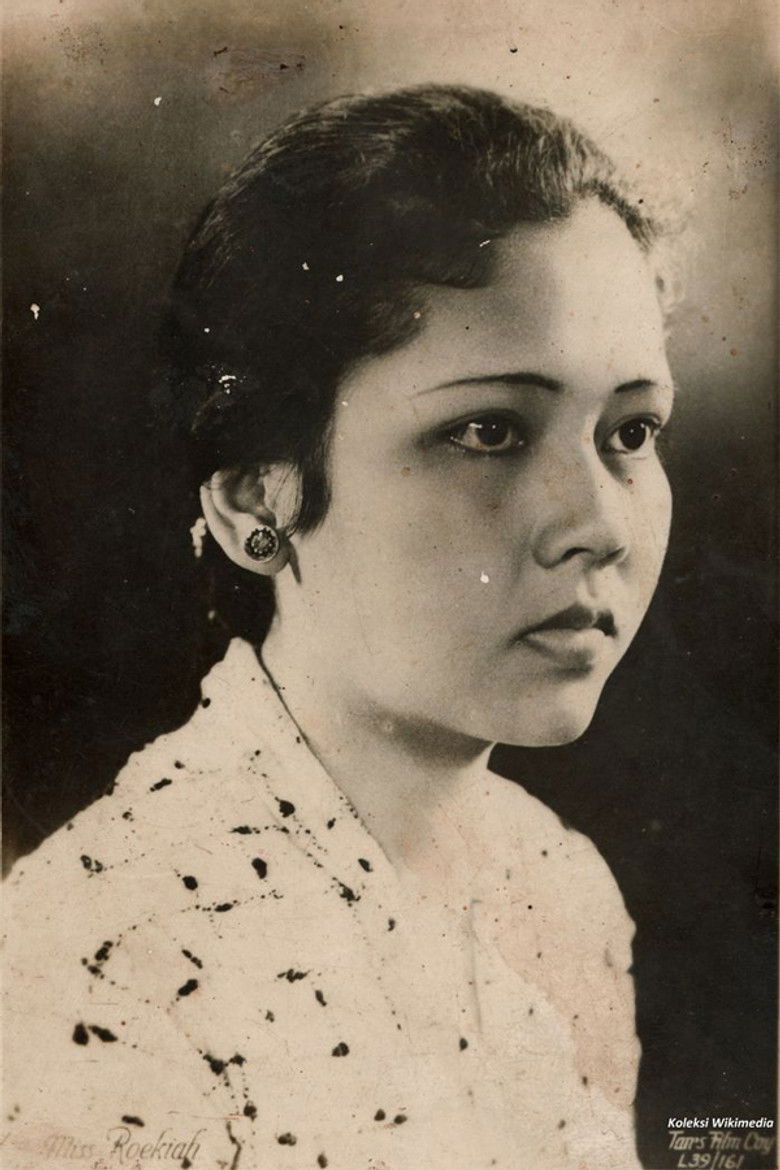
Roekiah
Biography
Born in Bandung, Died in Jakarta. This brilliant star who elevates the player's position in widespread attention is known as the romantic couple Rd. Mochtar. starting with Terang Boelan (1937) by Albert Balink, the first film to suit the tastes of the audience. Roekiah's name became more popular before playing in the film Fatimah (1938). Because something happened to R. Djoemala in the film Kuda Sembrani (1941), but the result was not as great as what he achieved with his films with Rd. Mochtar. Then he played in the films Black Crow (1939), Siti Akbari (1939), Sorga Ketoedjoeh (1940), Roekihati (1941), and The Terpendam Poesaka (1941). Roekiah re-paired with Rd. Mochtar in Crossing (1944). Shortly after finishing the film, Roekiah fell ill and in 1945 breathed his last and received the honor of Ki Hajar Dewantoro, Minister of Education and Culture of the First Cabinet of the Republic of Indonesia. Roekiah grew up in senior roles, because both of his parents were artists and artists of the opera association "Poesi Indra Bangsawan". When his parents moved to the main Rochani Opera society, Roekiah appeared on stage for the first time at the age of 7 years. Ten years later his name became famous before appearing in the "Palistina Opera" performances in Jakarta. The 17-year-old girl at that time met the young man Kartolo's heart desires, the player and leader of the Palistine Opera Orchestra, who later became her husband. In his films with Rd. Mochtar, a pioneer in the world of Indonesian film stars, always brings her husband's songs. Kartolo also always appears in films starring his wife as a funny character/comedian. Roekiah and Kartolo's steps were followed by their son, Rachmat Kartolo, who appeared in Menjusuri Djedjak Berdarah (1967), Malam Djahanam (1970), Pinangan (1976) and others.
Also appears in
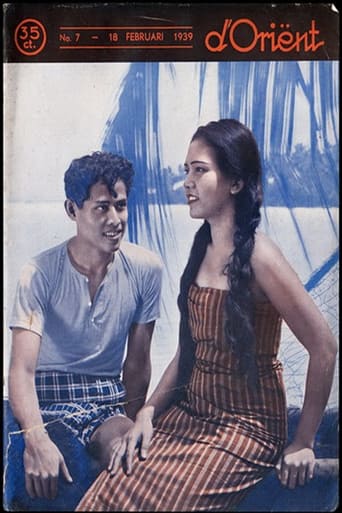
Fatima
Not yet rated
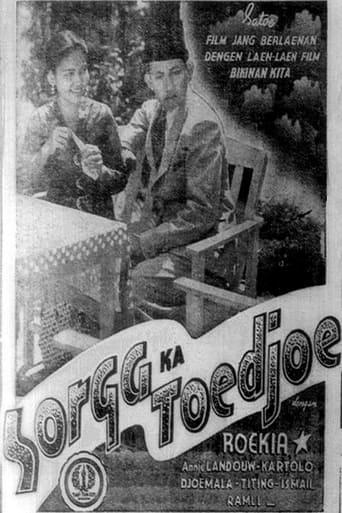
Sorga Ka Toedjoe
Not yet rated
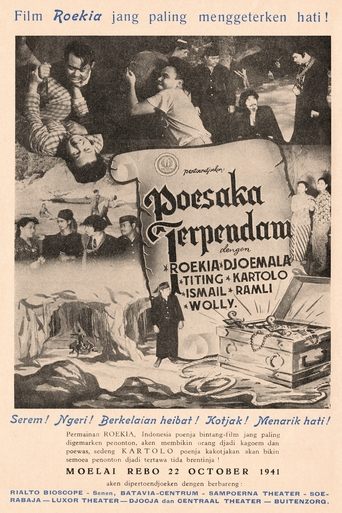
Poesaka Terpendam
Not yet rated

Full Moon Over Malaya
Not yet rated
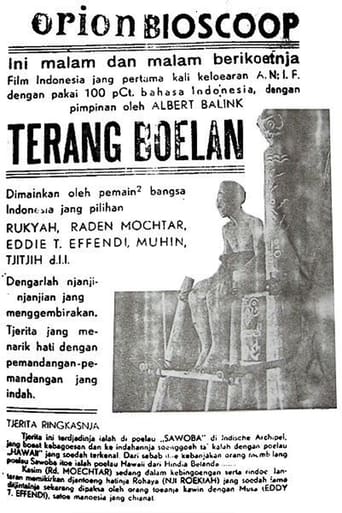
Terang Boelan
Not yet rated
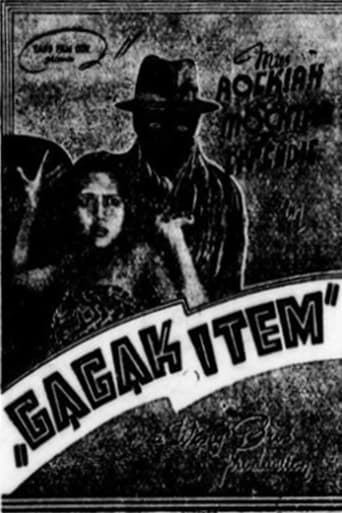
Gagak Item
Not yet rated
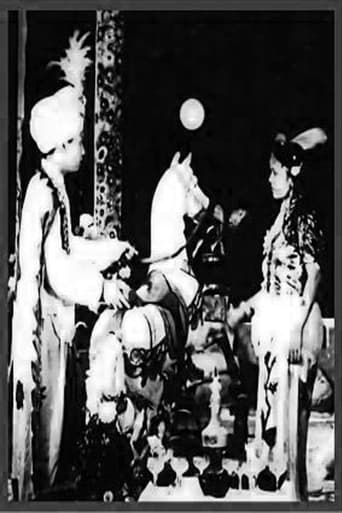
Koeda Sembrani
Not yet rated
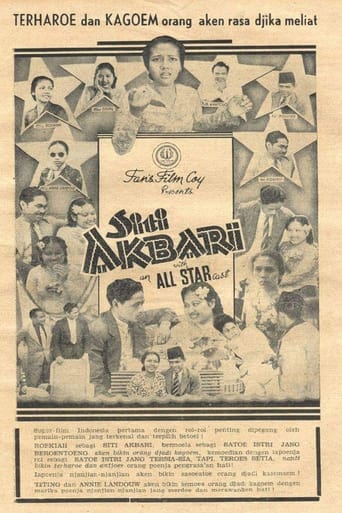
Siti Akbari
Not yet rated

Ke Seberang
Not yet rated
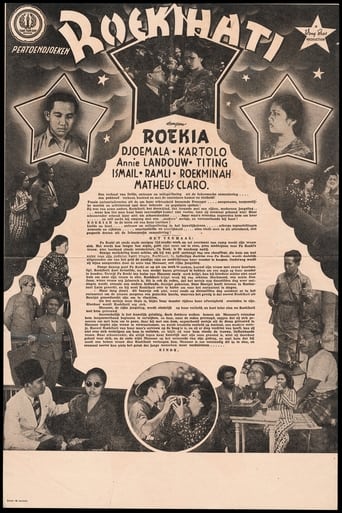
Roekihati
Not yet rated